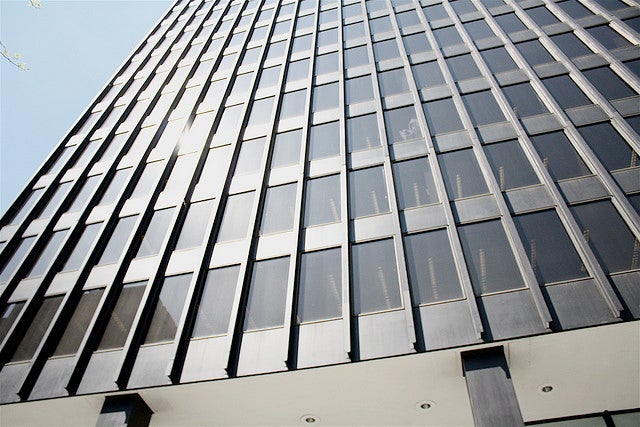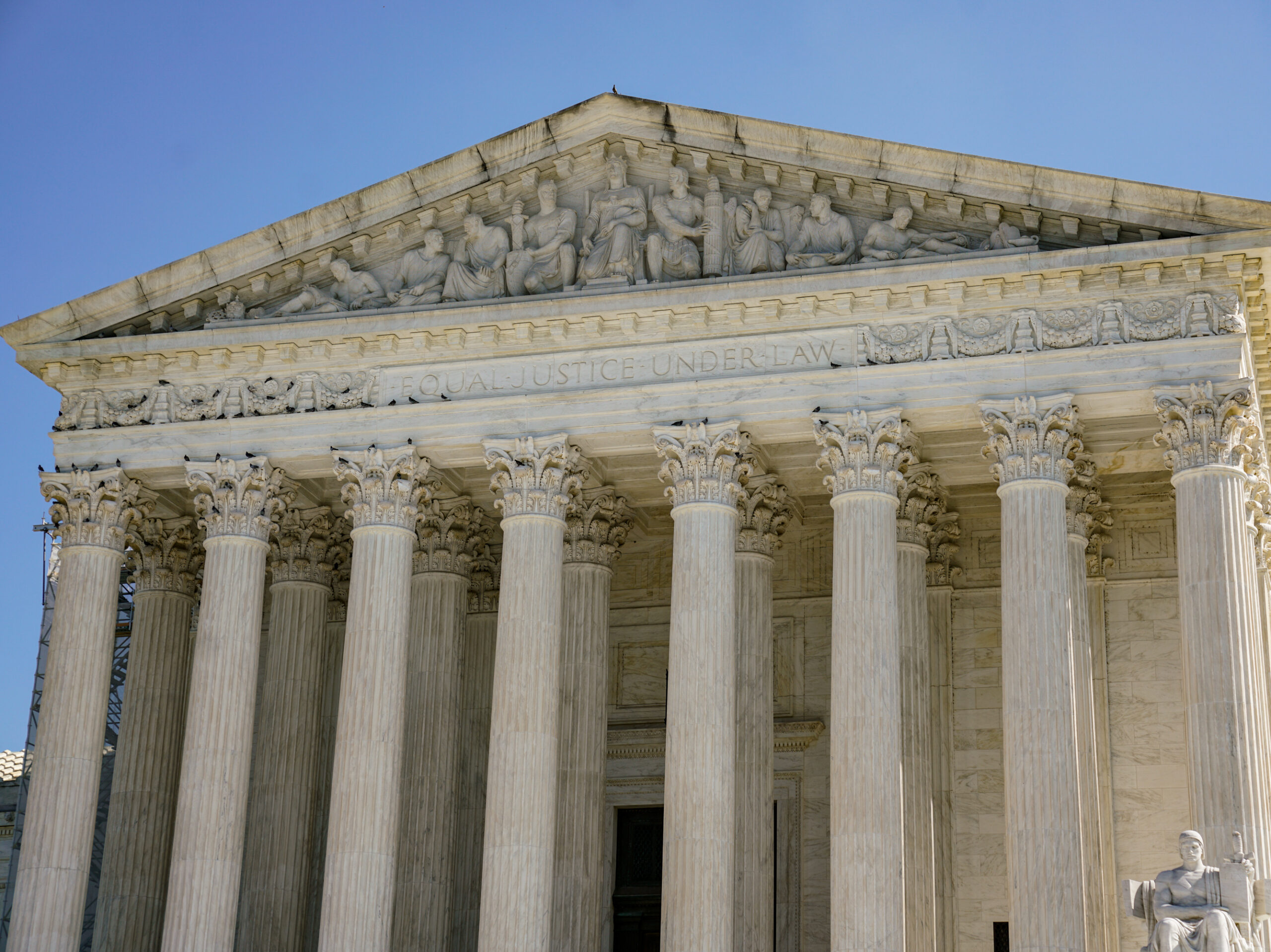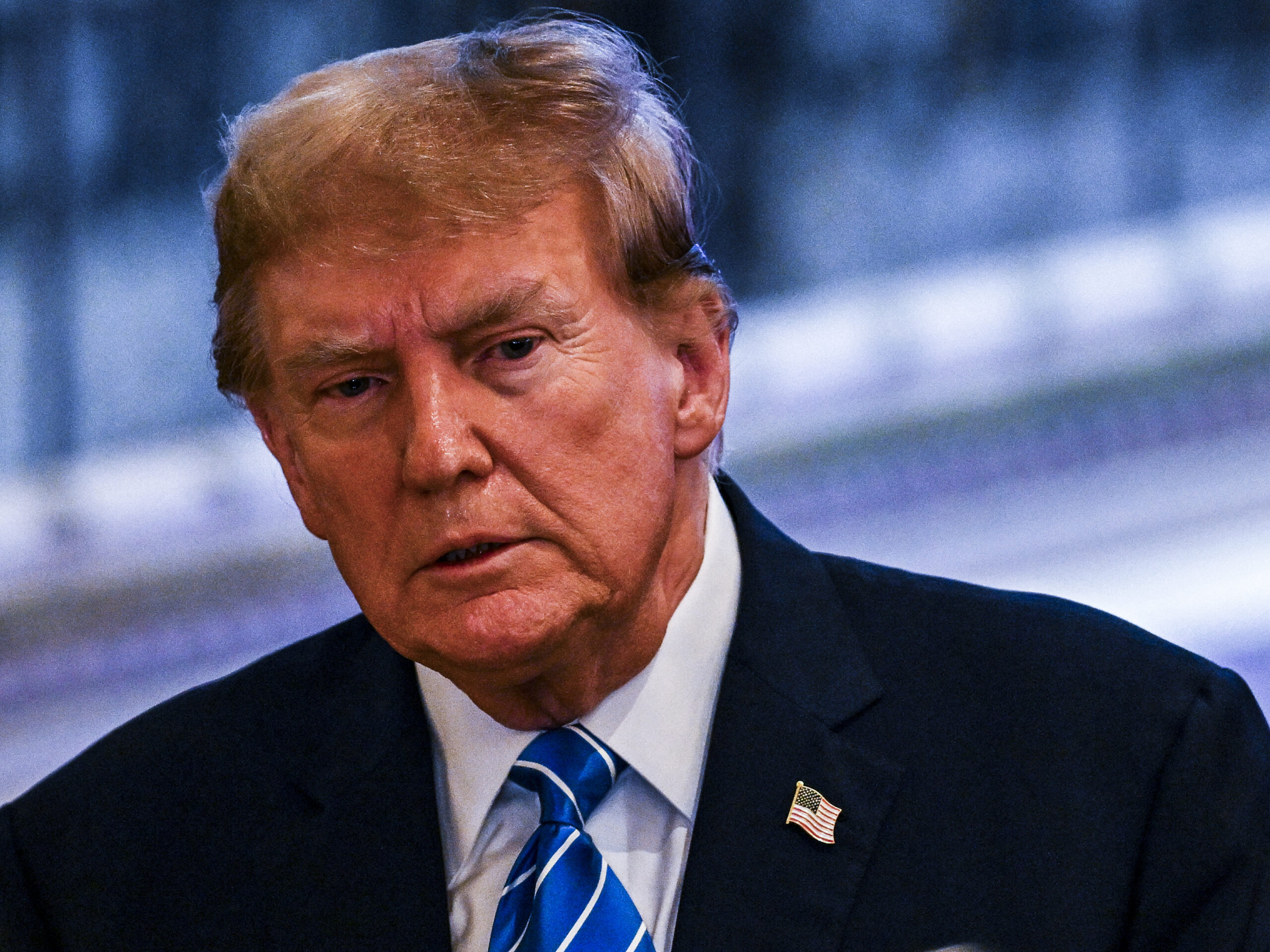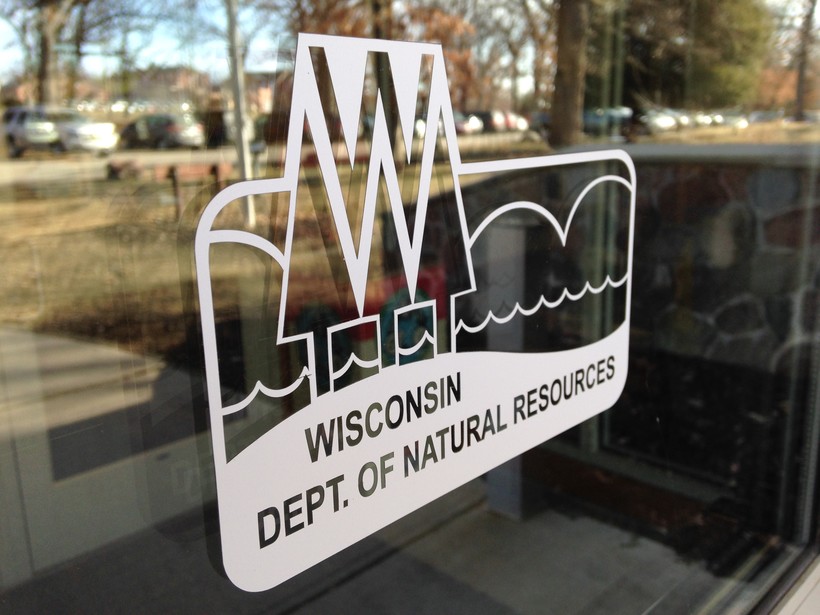A federal appeals court heard arguments on Tuesday in a lawsuit challenging a secret state investigation into possible illegal campaign coordination between Gov. Scott Walker and the conservative group Wisconsin Club for Growth during the 2011 and 2012 recall elections.
The Club sued in federal court seven months ago, arguing that prosecutors in the probe were violating the groups’ First Amendment rights. In May, U.S. District Judge Rudolph Randa ruled in the Club’s favor and halted the investigation.
Duing an appellate hearing Tuesday, however, a three-judge panel seemed to indicate the case was best handled in state courts, not the federal system.
Stay informed on the latest news
Sign up for WPR’s email newsletter.
Club for Growth attorney David Rivkin argues otherwise.
“You misunderstand the nature of our concern,” said Rivkin. “They were only raising this in the context of the district court’s issuance of a preliminary injunction.”
The federal appeals court could lift the temporary injunction Randa issued in May and allow the probe to resume, or send the case back to the state judge overseeing the probe. That judge halted subpoenas filed by prosecutors back in January, though his decision is also on appeal.
A media coalition was also present on Tuesday to argue that more documents should be released from the investigation. Many pages of emails and other documents have already been released, but the Reporters Committee for Freedom of the Press and other groups say more documents should come out.
The coalition’s Los Angeles-based lawyer Theodore Boutrous said that the public has the right to see what’s in the judicial record.
“The courts have a long history of saying there’s a presumption that its open. The people own the courthouses and the courtrooms and have a right to see the information,” said Boutrous.
Boutrous told the three-judge panel that before privacy concerns can kick in, there has to be specific evidence that privacy should override the public’s right to know, and that he thinks the judges are struggling with the issue.
A spokesperson for Wisconsin Club for Growth said he’d offer a strong prediction the media coalition’s effort will not succeed.
With the fate of the probe uncertain, one of the prosecutor’s attorneys, Sam Leib, chose to focus praising the district attorneys behind the investigation while speaking to the media.
“We feel privileged to represent our clients, who are the epitome of integrity,” he said. “All the citizens of Wisconsin, I think, should be proud.”
It’s unclear if the federal appeals court will issue a decision before the Nov. 4 election.
Editor’s Note: This story has been updated with new information since it was first published.
Wisconsin Public Radio, © Copyright 2024, Board of Regents of the University of Wisconsin System and Wisconsin Educational Communications Board.






